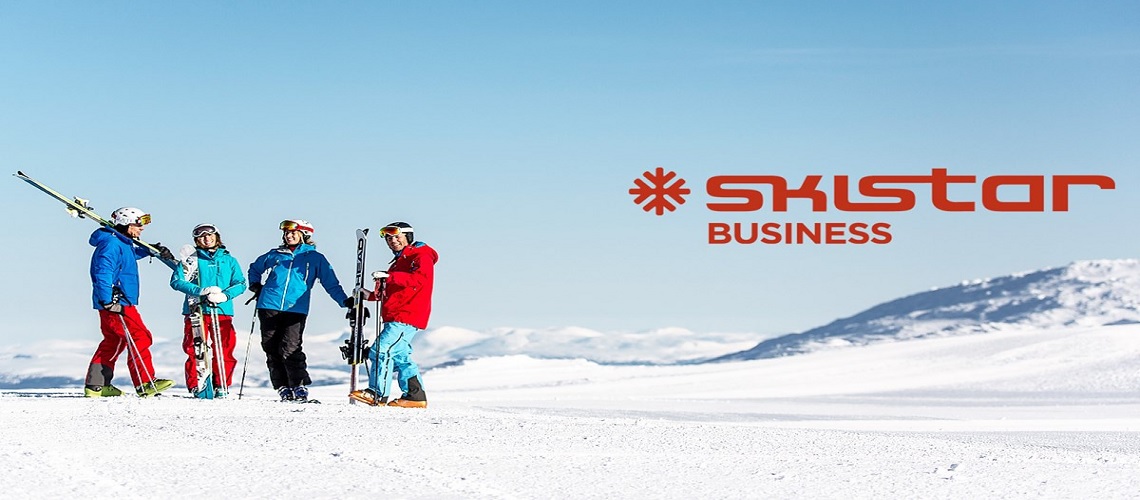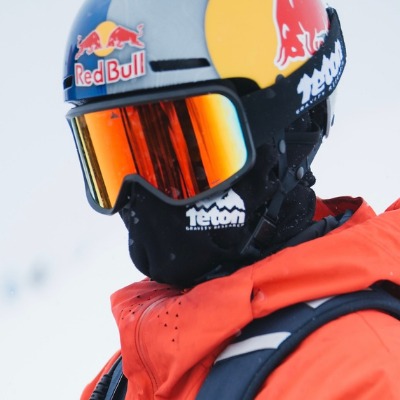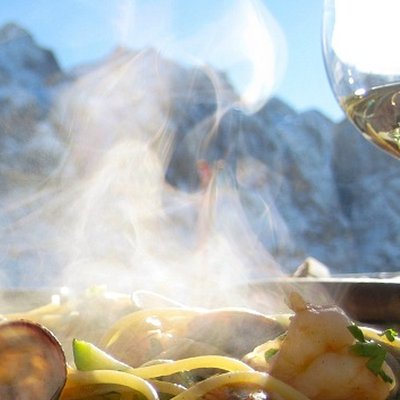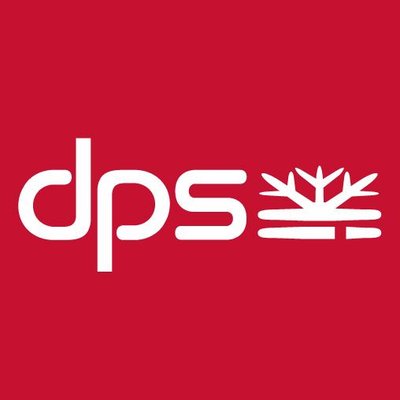Skistar Reports Positive Q2 Results In Midst Of Current Pandemic – Continuing Challenges In Norwegian Market

Skistar reports positive Q2 results in the midst of the current pandemic – continuing challenges in the Norwegian market
Highlights
- Six out of seven sales days in week nine, the most intensive winter holiday week, are in Q3 this financial year, which will have a major impact on that quarter’s results in comparison with the previous year.
- In Austria, the coronavirus restrictions have led to declining numbers of visitors, with earlier closures and reduced revenue as a result.
- Continuing challenges in Norway with its strict entry and quarantine rules in response to the coronavirus, resulting in a loss of foreign guests, which in turn has a negative effect on earnings.
- High demand in Sweden and hopes for a good, long winter season in Scandinavia with ski resorts open.
Second quarter
- Net sales for the quarter amounted to SEK 1,328 (1,931) million, a decline of SEK 603 million (31 percent) compared with the previous year.
- Profit before tax was SEK 446 (809) million, a decline of SEK 363 million (45 percent) compared with the previous year.
- Profit after tax was SEK 365 (642) million, a decline of SEK 277 million (43 percent) compared with the previous year.
- Earnings per share amounted to SEK 4.70 (8.04), a decline of 42 percent.
First six months
- Net sales for the period amounted to SEK 1,482 (2,052) million, a decline of SEK 570 million (28 percent) compared with the previous year.
- Profit before tax was SEK 139 (488) million, a decline of SEK 349 million (71 percent) compared with the previous year.
- Profit after tax was SEK 114 (397) million, a decline of SEK 283 million (71 percent) compared with the previous year.
- Earnings per share amounted to SEK 1.58 (5.01), a decline of 68 percent.
Comments from the CEO Stefan Sjöstrand:
Our solid preparatory work for the winter season in dialogue with local and national organisations and services has meant that we have been able to run the 2020/21 winter season safely and securely so far, with a range of precautionary measures in place. The start of the season was slightly delayed due to a mild November, but since then we have had very good snow conditions at all destinations.
We have passed our most intense period, with many guests at our ski resorts in Sweden where demand remains high. We still have major challenges in Norway due to strict entry and quarantine rules, which in practice make it virtually impossible for foreign guests to visit Norway. This has a strong negative impact on our results. The current situation in Austria, with strict coronavirus restrictions, has also led to declining visitor numbers and reduced revenues. Several ski resorts in the region have, therefore, closed earlier than usual, including St. Johann in Tirol.
As a result of our open ski resorts and our cost efficiencies, we were able to report profit before tax of SEK 446 million for the second quarter and SEK 139 million for the period, despite the coronavirus pandemic. It is worth noting that six out of seven sales days in week nine, the most intensive winter holiday week, are in our Q3 this financial year, whereas in the previous year, all week nine sales days fell in Q2. This has had a big impact on our quarterly results compared with the previous year.
The restrictions have obviously hit our resorts in Norway and Austria hard and will have a major negative effect on our full-year results. At the same time, we look forward to a long winter season with satisfied guests and open ski resorts in Scandinavia, unlike the previous year when our resorts were all closed until Easter.
Growth in sport shops sales continues. Growth for the full period was 9%, with an improved gross margin of 4 percentage points. This is mainly due to online sales, where we have shown an increase of 35% compared with the previous year.
Capital gains from our property development and exploitation business were lower at SEK 37 (71) million. Capital gains will continue to be a significant part of our earnings this year, even though they fluctuate over time, which is mainly an effect of the timing of project execution.
We are focusing strongly on summer for the first time ever, starting in Sälen, Åre and Trysil. With Sports & Adventures, we aim to get more people enjoying an active mountain holiday in summer, by living well, eating well and exercising with family and friends through Valle Kids Club for younger children, Teen Camp Bike for older children and fast-paced activities for the whole family. We have invested in padel courts, climbing parks, adventure golf and cycling in all its forms, including a new Pump Track course at Sälen and one at Trysil, which is expected to be the largest in Norway at 2,600 sqm.
I feel very proud of our continuing work on SkiStar’s sustainability strategy. We have a holistic approach and aim to enable sustainable mountain experiences with a focus on health through activity and recreation, ambitious climate targets, and interaction and dialogue in order to take responsibility in the locations where we operate.
In summary, my first year as CEO of Skistar has been an unusual year, dominated by the coronavirus pandemic, while as a Group we have taken several leaps forward in areas such as digitisation and business development. SkiStar is a thriving company, with many amazing employees who have gone the extra mile during this challenging year. Our guests and stakeholders give us extremely positive feedback about the magical mountain experiences we have to offer – something that feels more important than ever for people’s well-being and recreation in these times.
Stefan Sjöstrand
Chief Executive Officer













